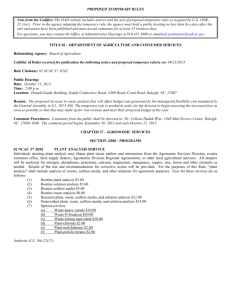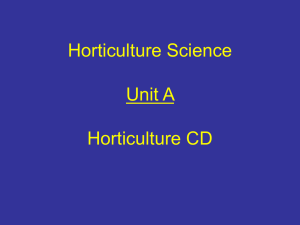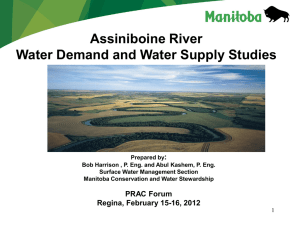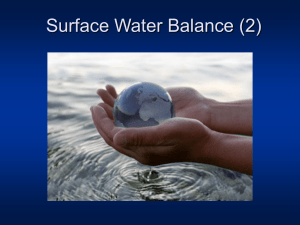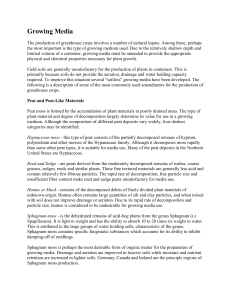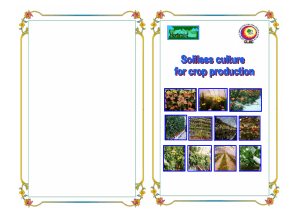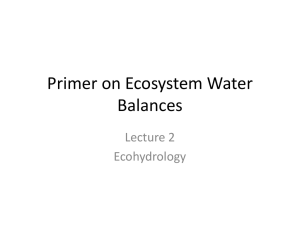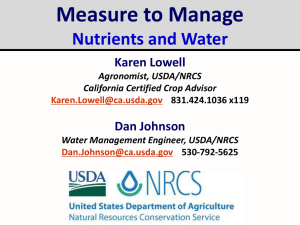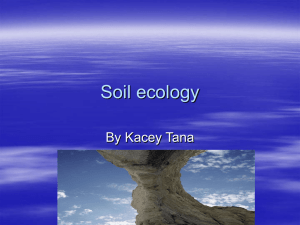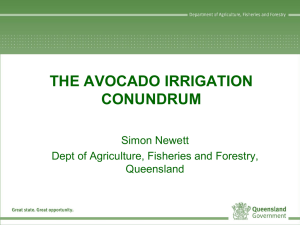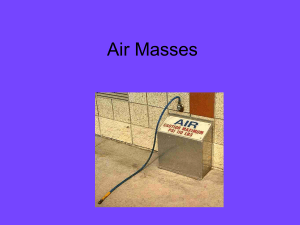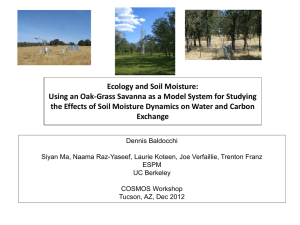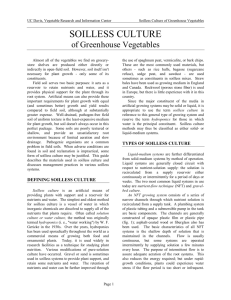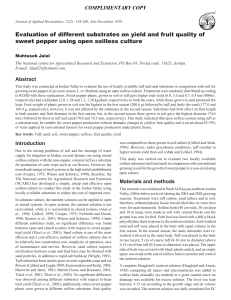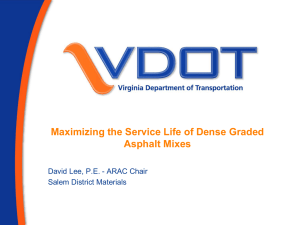Soilless Media
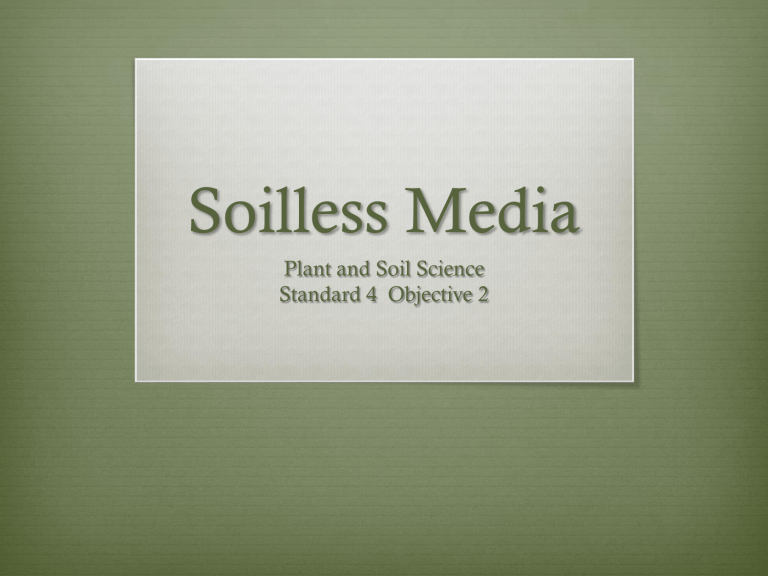
Soilless Media
Plant and Soil Science
Standard 4 Objective 2
Soilless Media
When raising plants there are many different options for a growing media
Most of the time think all plants grow in soil
This is not the case
Does anyone know the kind of growing media we commonly use in our greenhouse?
Is is soil? or a Soilless media?
Composition of Potting
Mixes
Soil (loamy, good structure, pesticide-free)
Coarse aggregates for drainage (sand, perlite, vermiculite, shredded plastics)
Organic amendments to hold water (sphagnum peat moss, tree bark, sawdust, rice hulls, shredded coconut hulls, wood chip/sludge compost)
Most contain no soil
Advantages of Soilless Mixes
sterile
lightweight
good moisture retention and drainage
free of weed seeds
Disadvantages of Soilless
Mixes
minor elements are missing
light weight - pots tip in strong wind
transplants may not adjust well to new media
Content of mixes
Soilless mixes contain various combinations of the following materials.
Perlite
improves aeration
of volcanic origin
Spahgnum Moss
Dehydrated remains of acid bog plants
Used to cover seeds because it is lightweight, controls disease, and holds moisture.
Peat Moss
Partially decomposed underwater vegetation.
Holds moisture well
Low in nutrients
Vermiculite
Exploded Mica
Improves aeration
Holds moisture very well
Limestone
Raises pH
Hydroponics
Technique of growing plants in non-soil medium using feeding mixture of essential plant nutrients dissolved in H
2
O
Three main types
static solution culture medium culture aeroponics
